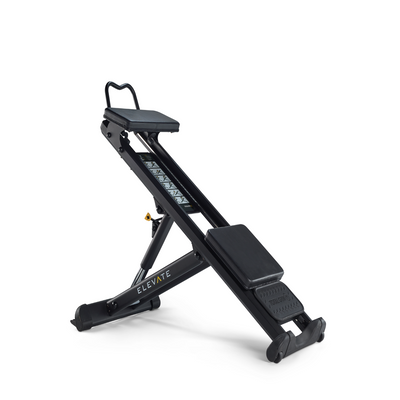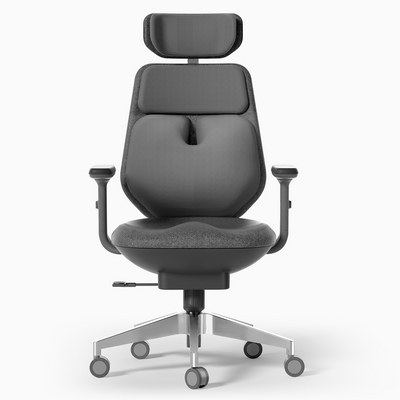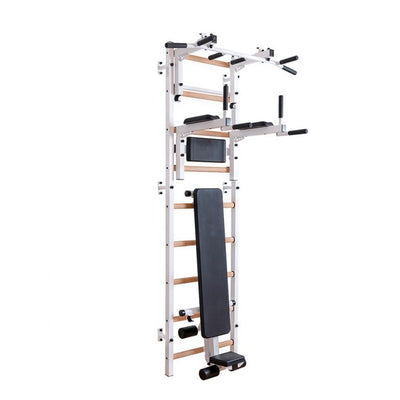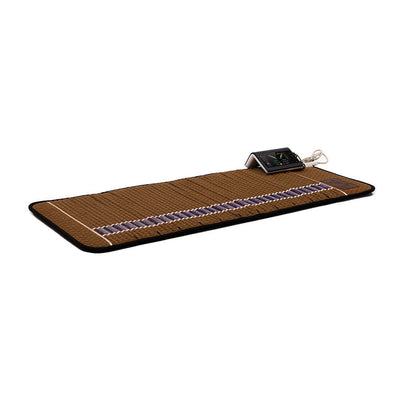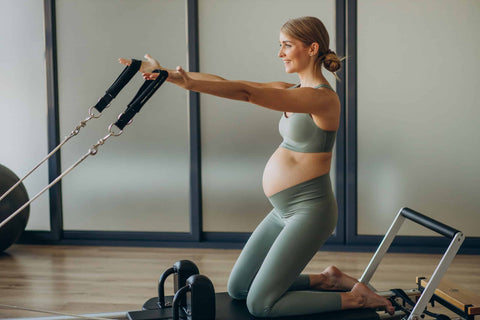
Is Reformer Pilates Safe for Pregnancy? Things To Consider
Reformer Pilates, an evolved and contemporary method of classical Pilates that incorporates a specialized apparatus, has garnered considerable attention in the world of fitness. As its popularity rises, many expectant mothers contemplate the safety and efficacy of this regimen during pregnancy. Let's delve deep into understanding the intricacies of Reformer Pilates and its suitability during the beautiful journey of pregnancy.
Understanding Reformer Pilates
Reformer Pilates is a unique form of Pilates that makes use of a bed-like frame called a Reformer. This apparatus comprises a flat platform, which moves back and forth within the frame. The platform is attached to one end of the frame by a series of springs, which can be adjusted to provide varying levels of resistance.
Benefits of Reformer Pilates
- Strengthening Core Muscles: Central to Pilates, the strengthening of core muscles supports the spine and can also alleviate back pain – a common complaint among pregnant women.
- Improved Flexibility: The controlled movements help enhance muscular elasticity, promoting better movement and reduced strain.
- Enhanced Body Awareness: The exercises foster a deeper understanding of body posture and alignment, critical during the transformative phases of pregnancy.
- Toned Muscles: It aids in maintaining muscle tone, which can be beneficial during labor and postpartum recovery.
Reformer Pilates During Pregnancy: What Research Says
A myriad of studies have lauded the benefits of low-impact exercises during pregnancy. Reformer Pilates, being a moderate-intensity exercise, falls under this category. While there's no one-size-fits-all answer, a majority of experts concur that with proper modifications and expert guidance, Reformer Pilates can be a safe and beneficial practice for expectant mothers.
First Trimester: Setting the Foundation
During the first trimester, the body undergoes a cascade of hormonal changes. While it's generally considered safe to continue with Reformer Pilates if you were already practicing before pregnancy, it's crucial to consult with a healthcare provider. Some considerations include:
- Avoiding Overexertion: Listen to your body and ensure you're not pushing beyond your limits.
- Staying Hydrated: Keeping yourself hydrated helps maintain amniotic fluid levels and aids in detoxification.
Second Trimester: Modifications are Key
As the belly grows, modifications become essential. Here are some guidelines:
- Limit Supine Exercises: After the first trimester, lying flat on the back can restrict blood flow. Opt for inclined or side-lying positions.
- Embrace Support: Utilize props like pillows or cushions for added support and comfort.
Third Trimester: Treading with Caution
The third trimester sees the most rapid growth of the fetus. Here are some points to remember:
- Avoid Deep Twists: Deep twists can be uncomfortable and should be approached with caution.
- Focus on Breathing: Breathing exercises can be beneficial in preparing for labor.
Postpartum: The Road to Recovery
Post-pregnancy, while it's tempting to jump back into routines, it's vital to allow the body adequate time to heal. With a physician's approval, Reformer Pilates can be an excellent way to regain strength and tone post-delivery.
Expert Guidance is Imperative
It cannot be emphasized enough: the guidance of a certified Reformer Pilates instructor, well-versed in prenatal and postnatal exercise, is paramount. Every pregnancy is unique, and a tailored approach ensures the safety and well-being of both the mother and the baby.
In Conclusion
Reformer Pilates, when practiced with mindfulness and under expert supervision, can be a valuable addition to prenatal and postnatal care. It promotes physical strength, mental resilience, and provides a holistic approach to the ever-changing phases of pregnancy.
« Back to Pilates Blog





